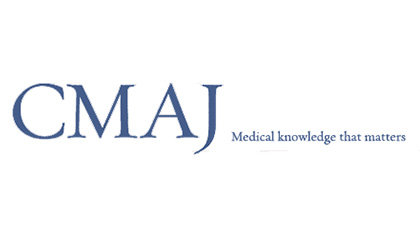
Canada’s premier medical journal says it’s time patients had easy access to something they normally aren’t invited to see: the notes their doctors write about them.
In an era of electronic health records and password-protected portals, patients should be able to access their medical records as easily as they do online banking, argues an editorial in the Canadian Medical Association Journal.
Patients already have the right to see their medical records, including their doctors’ notes. But those legal rights come with “hoops and speed bumps,” the editorial says, including lengthy delays (up to 90 days in some parts of the country) and copying fees.
“Modern information technology and Internet capability offer the potential for useful transparency that has been shown to benefit patients and the health care system,” writes CMAJ deputy editor Dr. Kirsten Patrick.
“It is no longer appropriate for physicians to want to conceal their version of a patient’s story from the patient,” Patrick writes. “Proper shared decision-making depends on a story on which both agree.”
What’s more, she said, “patients Really Like It.”
In the U.S. more than three million Americans now have electronic access to what their doctor’s write in their medical records through a national initiative known as OpenNotes.
The movement began with a one-year pilot study in 2010, when more than 100 doctors working at three large family medicine practices in three states agreed to invite more than 20,000 of their patients to read their notes securely online. Patients received emails when a doctor’s note was signed and posted to their portal.
The results were “striking,” according to the researchers: patients felt more in control of their care, had a better understanding of their medical issues and were more likely to take medications as prescribed. They were also able to share their notes with their caregivers.
At the end of the year, virtually all patients surveyed wanted “open notes” to continue and none of the doctors chose to opt out.
Few patients said reading the notes made them feel worried, confused or offended, as some doctors feared it would, said Jan Walker, an assistant professor of medicine at Harvard Medical School and co-founder of OpenNotes at Beth Israel Deaconness Medical Center.
Read the complete article here.



